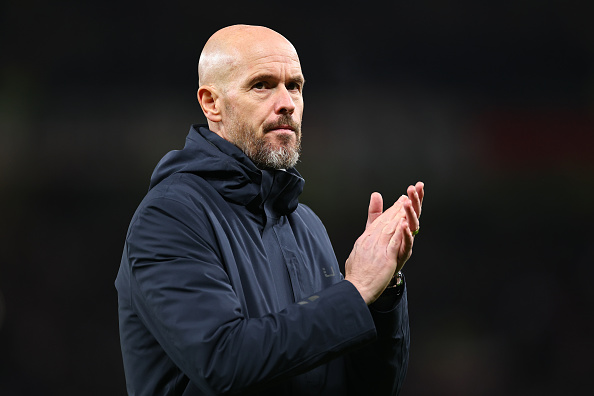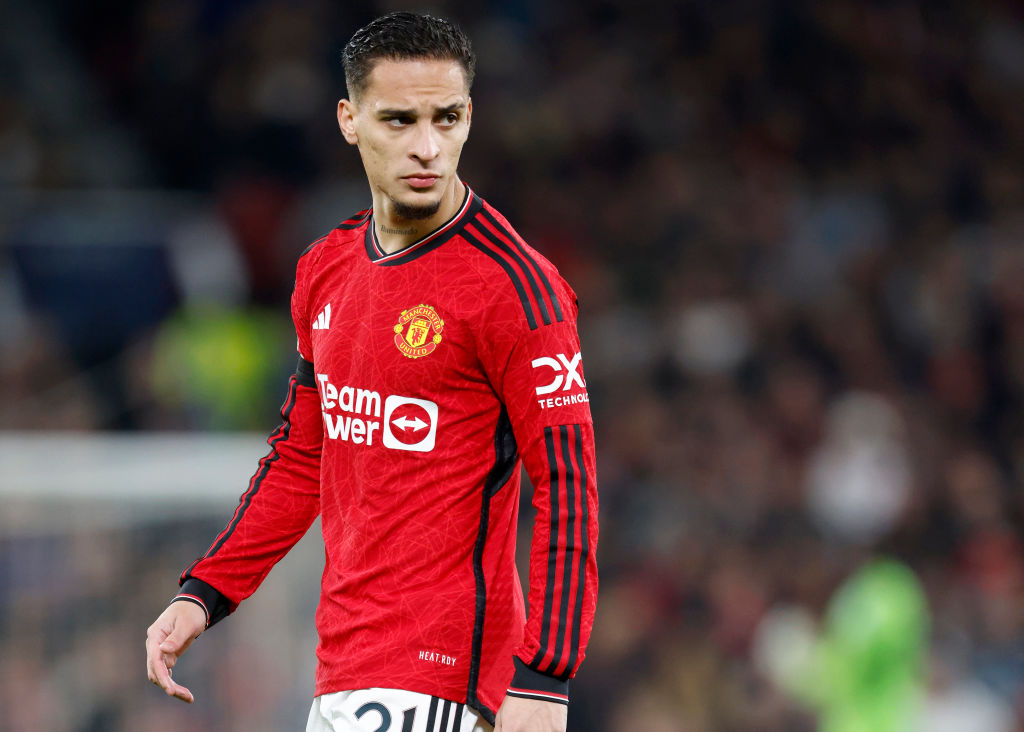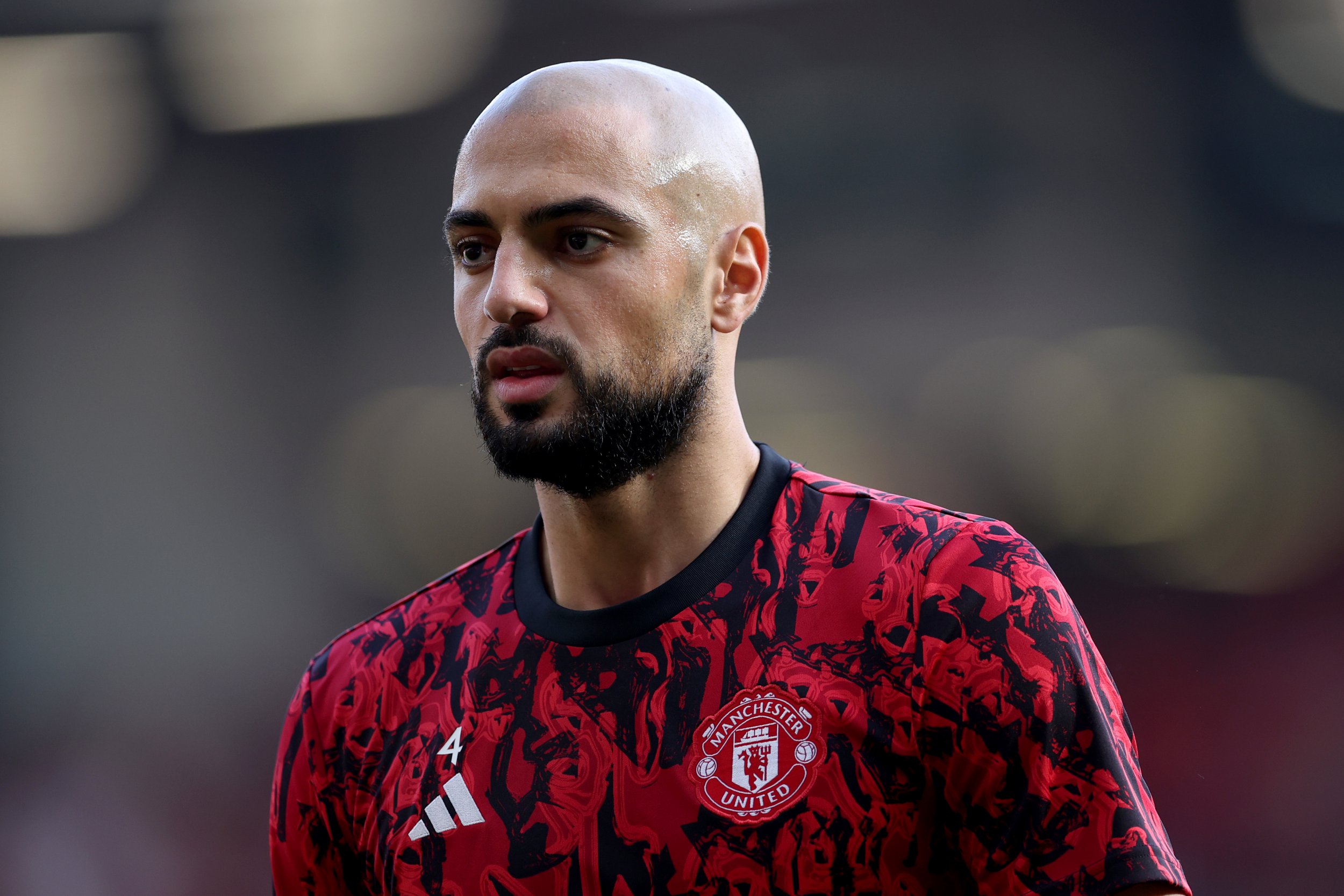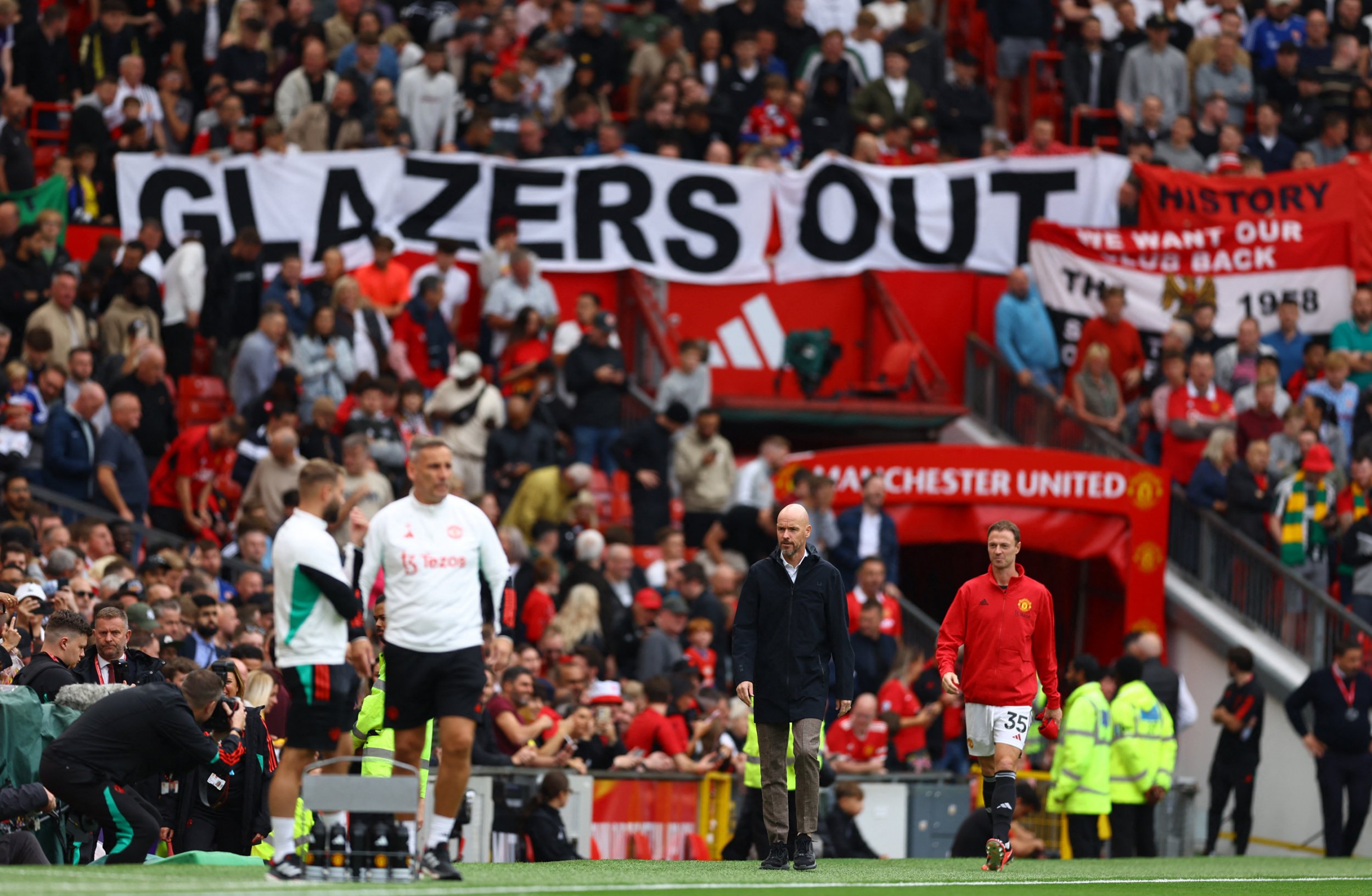
It’s often said that a manager is at their most powerful at a club immediately after their appointment.
That was certainly the case for Erik ten Hag during his first summer at Old Trafford, when Manchester United’s board bent to the Dutchman’s will. After eight months under the interim charge of , the club had little option but to move heaven and earth for the Dutchman. He arrived as a serial winner, on the back of another league triumph with . Crucially, unlike the appointments of Louis van Gaal and , it was the first time in the post-Sir era that United had appointed a manager at the top of his game.
After the reactive brand of football played by Mourinho and Ole Gunnar Solskjaer, United appointed Ten Hag to implement an Ajax style of play that would bring the club in line with rivals Liverpool and Manchester City. It’s why – amongst other failures – the board backed Ten Hag in his determination to land Lisandro Martinez, Christian Eriksen, Antony in 2022. Those moves – as well as the acquisition of Dutchman Tyrell Malacia and the failed bid for Frenkie de Jong – were sanctioned because anything but unwavering support for Ten Hag would have been viewed by supporters as a failure of the club’s much-criticised board.
But fast forward 15 months and the folly of United’s naive handling of Ten Hag has been laid bare. The Dutchman raised more than his fair share of eyebrows this week when he said Is that what he told Richard Arnold and John Murtough when they flew to Amsterdam to speak to Ten Hag about becoming United’s next manager? If the plan was not to form a side in Ajax’s image, why has he signed four former Ajax players?

The blame for the position the club is in is largely down to the ownership. The fact that Ten Hag, who had worked under a Director of Football model at Ajax, was given free rein over United’s transfer business within weeks of his appointment, speaks to the naivety of the club at board level. Ten Hag showed in his first season at the Theatre of Dreams why he was appointed, as United lifted the League Cup, reached the FA Cup final and finished third in the Premier League. As a head coach, Ten Hag has shown his credentials.
But as a ‘manager’? There are major question marks. Ten Hag’s handling of Cristiano Ronaldo was widely praised but he had results to back up the club’s decision to terminate his contract. His decision to criticise Jadon Sancho after a defeat to Arsenal was at best ill-advised, and his ultimatum to the winger that he must apologise before returning to the first-team has backfired as United have lost eight of their 15 matches in all competitions this term.
There are off-field mistakes of the club’s own making that have undermined Ten Hag. The handling of the Mason Greenwood situation, accusations of domestic assault against Antony and the ongoing uncertainty over the club’s ownership have all detracted focus away from results on the pitch. In the transfer window, United opted for an injured Rasmus Hojlund over Harry Kane, and waited until hours before the transfer window was due to close in order to sign Sofyan Amrabat on loan from Fiorentina. In all, the Moroccan is Ten Hag’s fourth loan signing in just three transfer windows, which illustrates the poor planning present at board level.

But Ten Hag must take his fair share of blame for the club’s dismal start to the season. After the success of last term, Ten Hag was expected to further implement his style of football this season with the additions of Hojlund, Mason Mount and Andre Onana. Those players – young, fit, comfortable on the ball and attuned to pressing – were signed with a view to transitioning United away from the counter-attacking style that was adopted by Solskjaer and Mourinho. But United are no closer to reaching that goal, with the side again reliant on moments of individual quality from Bruno Fernandes or Marcus Rashford that, when they’re not in form, is not a reliable source of productivity.
That there’s been no improvement in the style of play is partly down to injuries, with long-term absentees Lisandro Martinez and Luke Shaw so vital to how United play. But Ten Hag’s tactics and team selections are equally culpable. The Dutchman started the season with Casemiro as a single pivot, and Mount and Fernandes as roaming attacking midfielders. But Ten Hag has selected eight different three-man midfields so far this season, leaving the side unbalanced and lacking rhythm. In the last two matches, Ten Hag has taken off his defensive midfielder at half-time in what is essentially an admittance that his tactics aren’t working. His refusal to drop Rashford, who has scored just once all season, is increasingly baffling and Onana already looks a shadow of the player that was voted the best goalkeeper in the Champions League last season.

Ultimately, United fans will feel they’ve been here before. It’s not the first time that a new appointment has enjoyed initial success at the club only to be undermined in their second season. The same happened to Mourinho and Solskjaer, and to a lesser extent Van Gaal. The cycle of backing a manager when they first arrive in order to qualify for the Champions League but failing to push on is now repeated trauma for supporters. As long as the club continues to make money, the Glazers see little difference between coming first or fourth. It’s why action is only ever taken when the club’s Champions League hopes are at risk.
That in itself is a problem, because the blame of the situation ultimately only falls on one man – the manager -and never the owners. It’s looking increasingly ominous that Ten Hag will become the next victim of the Glazers’ cycle of doom.
, .
, and .
























